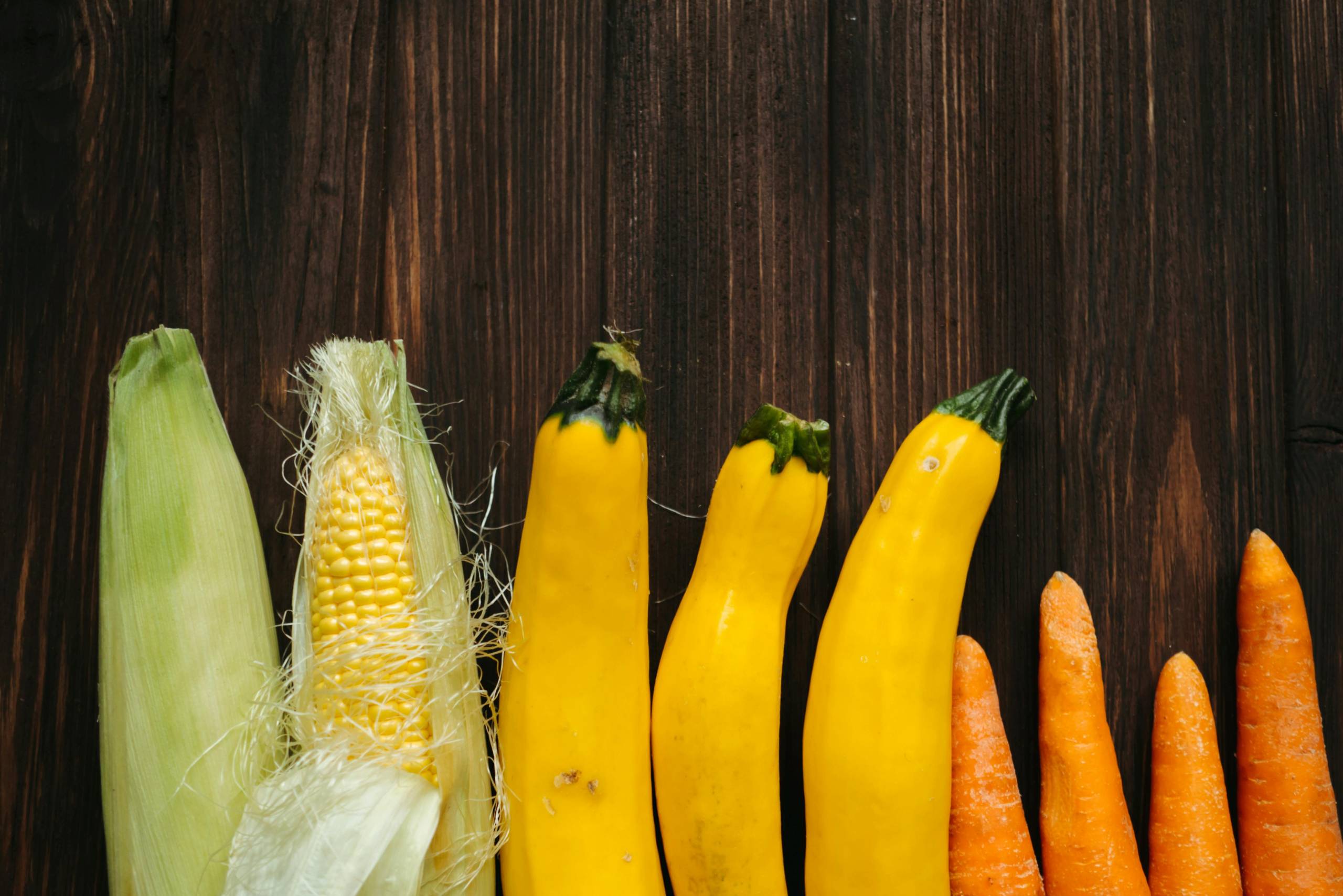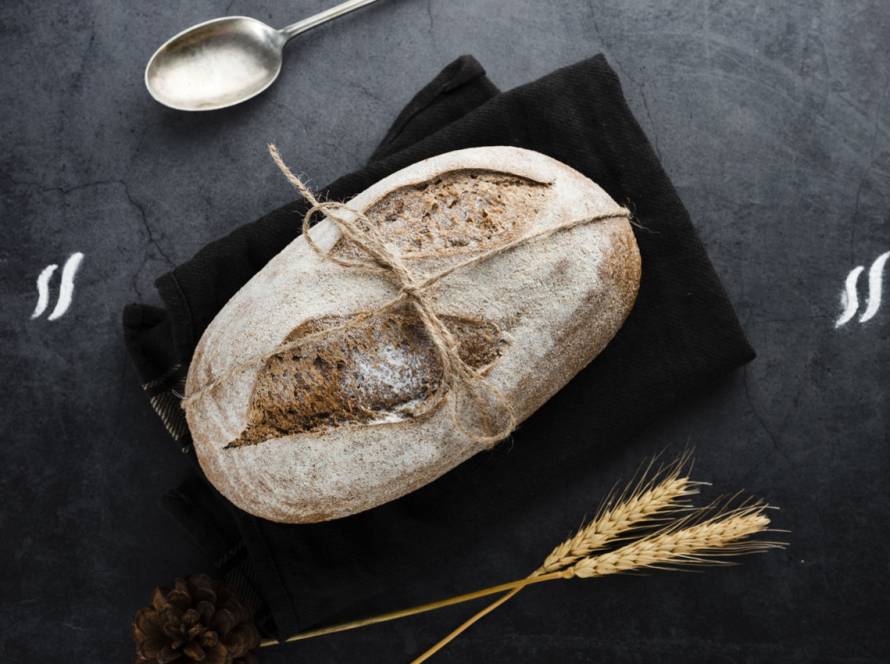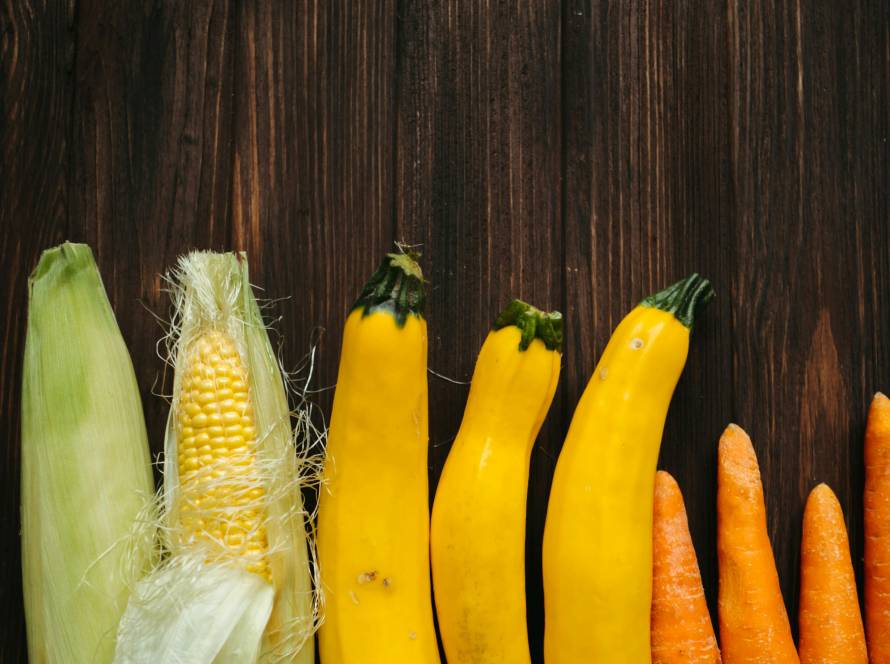The Ultimate Guide to Eco-Friendly Gluten-Free Living
Gluten-free baking is not just a dietary choice—it’s a lifestyle for millions around the world, especially those with celiac disease or gluten sensitivity. With the rising interest in sustainability, many are now combining their dietary needs with eco-conscious practices. This article explores eco-friendly gluten-free baking tips that help you whip up delicious treats while reducing your environmental footprint.
Why Go Gluten-Free and Eco-Friendly?
Baking gluten-free is already a compassionate choice for those avoiding wheat-based ingredients. However, making it eco-friendly adds another layer of kindness—to the planet. Traditional baking often relies on resource-heavy ingredients, packaging waste, and energy-intensive methods. Fortunately, there are numerous ways to make your baking greener while sticking to a gluten-free lifestyle.
Key Eco-Friendly Gluten-Free Baking Essentials
Before diving into recipes, it’s crucial to assemble a sustainable gluten-free pantry stocked with environmentally responsible ingredients. Here’s how:
1. Choose Organic, Non-GMO Flours
- Opt for organic almond flour, coconut flour, oat flour (certified gluten-free), or sorghum flour.
- These are less resource-intensive compared to conventional crops.
- Buy from brands that prioritize sustainable farming practices.
2. Buy in Bulk or From Local Producers
- Bulk buying reduces packaging waste.
- Support local farms that cultivate gluten-free grains like buckwheat, millet, or teff.
- Use refill stations or zero-waste stores when available.
Essential Tips for Gluten-Free Baking
To master eco-friendly gluten-free baking, you need to conquer the basics of baking without wheat. Here are some practical tips:
Use a Flour Blend
Single gluten-free flours often lack the structure and stretch that wheat provides. Blend two or more flours, such as sorghum and tapioca or chickpea and rice, to get the desired texture. DIY blends also reduce reliance on packaged flour mixes that often include preservatives or additives.
Binders Are Your Best Friend
Without gluten, your baked goods can crumble easily. Use natural binders like:
- Flaxseed meal: Mix one tablespoon with three tablespoons water for a vegan egg alternative.
- Chia seeds: Work similarly to flax and are nutrient-rich.
- Xanthan gum: A pinch goes a long way to create elasticity.
Measure Precisely
Gluten-free recipes are less forgiving than traditional ones. Weigh your ingredients with a kitchen scale instead of using volume measurements to ensure accurate ratios each time.
Eco-Conscious Equipment Choices
Reduce waste and energy by choosing sustainable tools for your gluten-free baking.
Go Reusable
- Silicone baking mats: Replace single-use parchment paper.
- Glass mixing bowls and storage: Durable and recyclable.
- Wooden or stainless steel tools: Outlast plastic and are biodegradable or recyclable.
Choose Energy-Efficient Appliances
Consider using convection ovens, toaster ovens, or even solar ovens which use less energy compared to traditional electric ovens.
Reducing Food Waste in Gluten-Free Baking
Food waste can be especially high in gluten-free kitchens due to experimentation and failed recipes. Here’s how to minimize it:
Freeze Your Bakes
Gluten-free baked goods stale quickly due to lack of preservatives. Freeze extras in airtight containers to extend shelf life and avoid waste.
Use Leftovers Creatively
- Turn stale bread into gluten-free breadcrumbs.
- Repurpose muffin crumbles into parfait layers or pie crusts.
- Make compost from inedible scraps.
Exploring Wheat-Free Baking Techniques
Not all flours behave the same. Understanding their properties can help you adapt techniques for better results.
Let the Batter Rest
Gluten-free batters benefit from resting 20–30 minutes before baking. This allows the flours to hydrate, leading to better texture.
Use Room Temperature Ingredients
This helps batters mix evenly and reduces curdling, especially important when using egg replacers or dairy alternatives.
Living a Celiac-Friendly Lifestyle—Sustainably
Baking is just one part of living gluten-free. To live sustainably while avoiding gluten, practice these holistic habits:
- Recycle packaging from gluten-free products responsibly.
- Grow your own gluten-free grains like quinoa or wild rice in small garden plots.
- Support eco-conscious gluten-free brands that commit to ethical labor and packaging policies.
Substituting Responsibly in Gluten-Free Recipes
If a recipe calls for exotic or hard-to-find gluten-free ingredients, consider local alternatives:
- Replace imported coconut flour with local oat flour (certified gluten-free).
- Swap arrowroot powder with cornstarch if it’s regionally produced.
Eco-Tip for Eggs
Using flax or chia eggs not only aids gluten-free structure but also reduces dependence on animal products—lowering carbon footprint.
Eco-Friendly Packaging for Homemade Gluten-Free Treats
Whether gifting or storing your bakes, ditch the plastic wrap. Instead:
- Use beeswax wraps or compostable parchment paper.
- Store in reusable silicone bags or upcycled jars.
- Gift baked goods in recyclable kraft boxes or fabric wraps.
Learning More About Gluten-Free Living
Continuing your journey into sustainable, wheat-free cooking is both rewarding and planet-friendly. Explore reputable resources like the Gluten Intolerance Group for updated information on health implications, recipes, and product recommendations.
Final Thoughts: A Greener, Gluten-Free Kitchen
By embracing eco-friendly gluten-free baking habits, home bakers like you can prioritize health and planet simultaneously. Whether you’re mixing up almond flour cookies or whipping together a buckwheat banana bread, sustainable swaps and mindful techniques make a tasty difference. Small changes can lead to big impacts—in your kitchen, your health, and the environment.
So grab that reusable mixing bowl, stock up your pantry with ethical gluten-free goods, and start creating baked delights that are as kind on the Earth as they are on your stomach.



